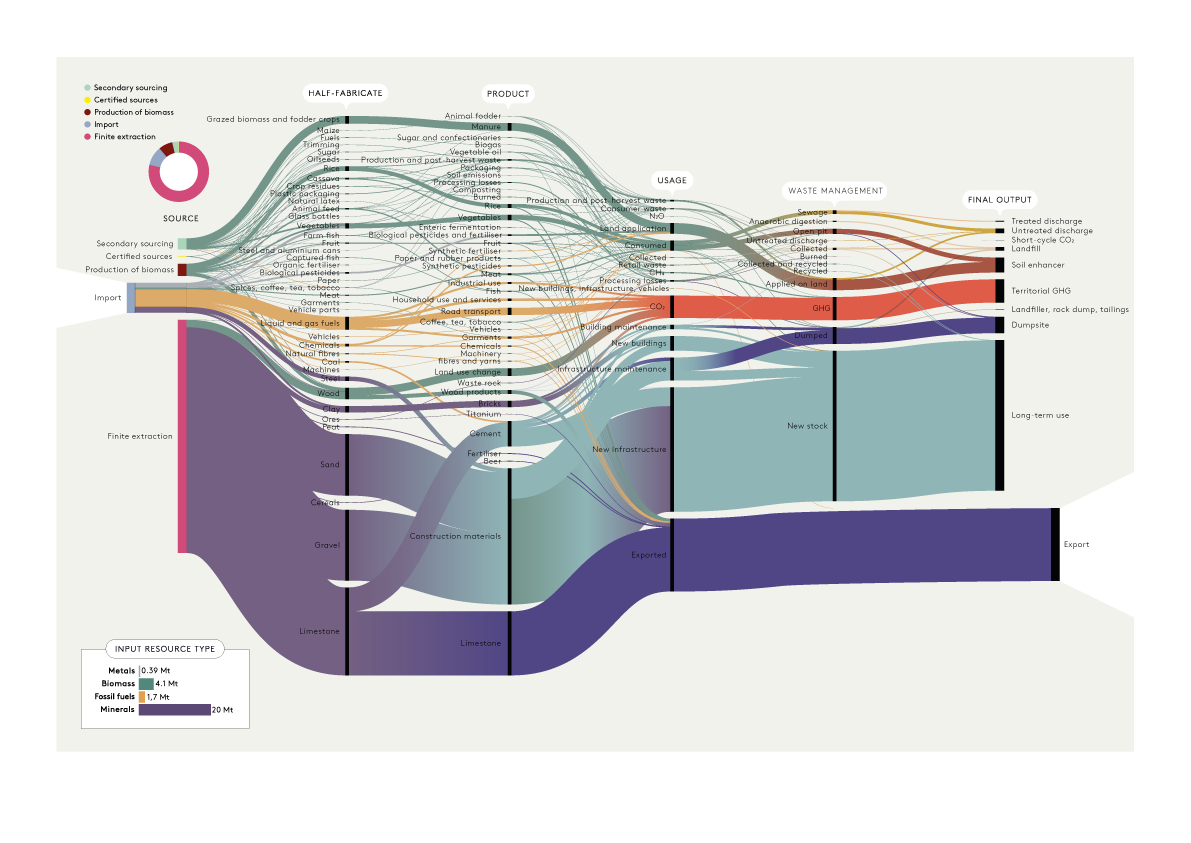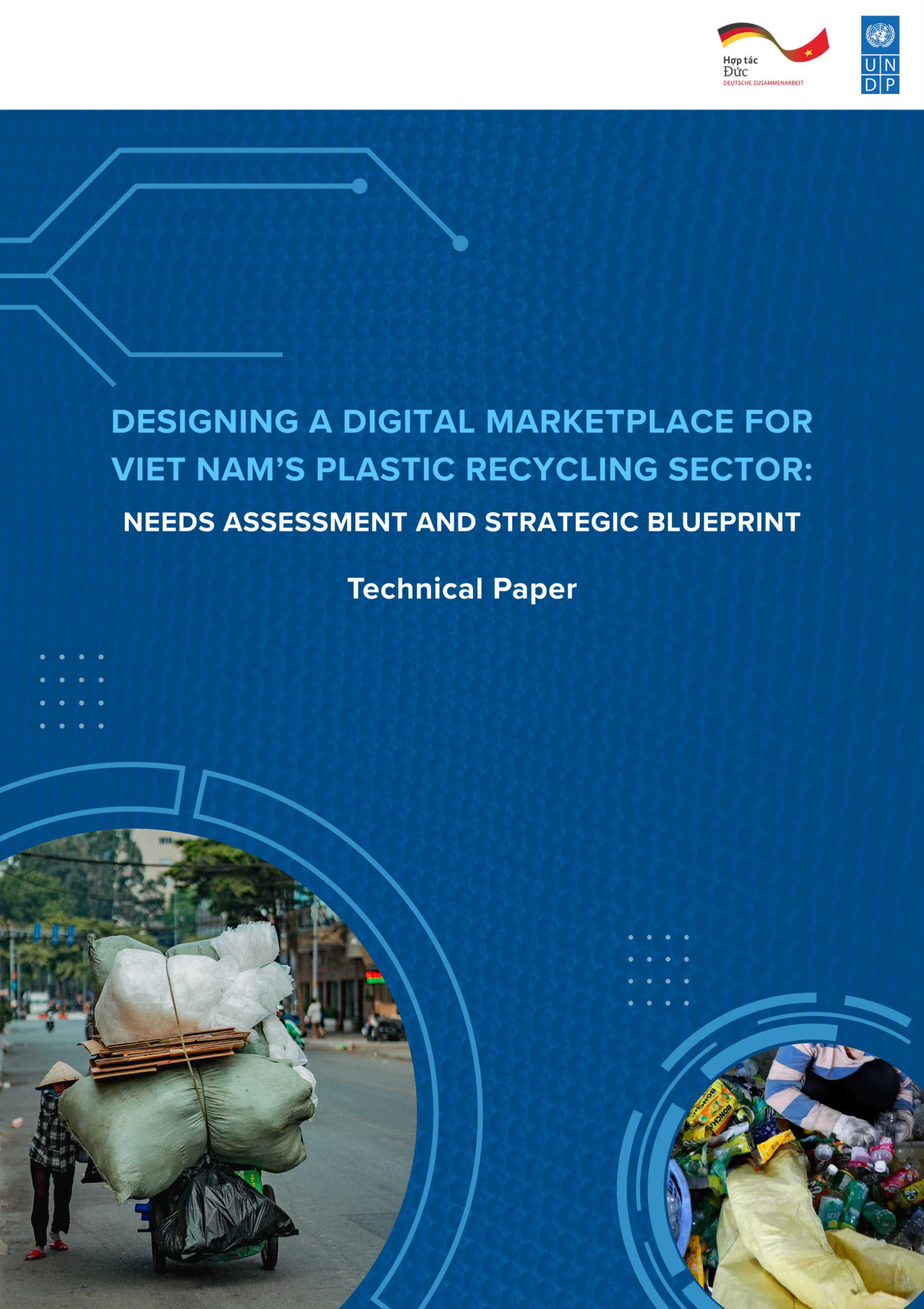A metabolic analysis to assess the socio-economic and environmental impacts in Thua Thien-Hue province
Inspired by this national vision, the Provincial People’s Committee of Thua Thien Hue adopted the Resolution of the 16th Provincial Party Congress, which has set the ambitious goal of “becoming a municipality that preserves and promotes the values of the ancient capital’s heritage and Hue’s cultural identity, with the characteristics of culture, heritage, ecology, environmentally friendly, and smart urban landscapes.”
In this context, UNDP is honored to introduce, together with our partners from the Hue Institute of Development Studies, the first metabolic analysis conducted in Viet Nam. This innovative and pioneering report provides a clear pathway for evidence-based policymaking. By relying primarily on the dataset provided by the Government, it enables policymakers, development partners, and private stakeholders alike to efficiently grasp the economic, social, and environmental opportunities availed by the implementation of fourteen priority circular interventions.
In this connection, the research strongly benefited from the invaluable support of, and close cooperation with, the Provincial People’s Committee, as well as the departments and district authorities of Thua Thien Hue province.
Following a detailed mapping of material flows, two stakeholder consultations, and a collection of existing initiatives, fourteen circular economy opportunities were identified. Combined and compared to the business-as-usual scenario, these fourteen interventions have the potential to circumvent 16 percent of greenhouse gas (GHG) emissions, reduce 89 percent of waste, and conserve 14 percent of water by 2030. The gross regional domestic product could also grow by 4.5 percent on top of existing growth forecasts and increase jobs by an additional 2 percent.
This report provides concrete and actionable circular interventions for the provincial government of Thua Thien Hue province. The consultations have also helped to ascertain that the transition towards a circular economy is inclusive and enables the people of the province to reap the benefits. The circular interventions will help to ensure that no one is left behind, resonating with the province’s longstanding tradition of “Solidarity – Democracy – Creativity” and placing these values at the core of its development.
UNDP hope this publication will support a long-term strategy towards realising Thua Thien Hue’s ambition to sustain economic development, preserve and create jobs, achieve carbon neutrality by 2050, and reduce environmental impacts. With this metabolic research, Thua Thien Hue demonstrates its leadership and vision in adopting, translating, and implementing national policies on circular economy in the province.
Lastly, UNDP calls on all development partners, investors, non-governmental organizations, and the private sector at large to pick up some of the identified interventions and join hands with the United Nations Development Programme (UNDP) to continue supporting the transition to a circular economy within Thua Thien Hue province. 
Image: Thua Thien-Hue Materials Flow












